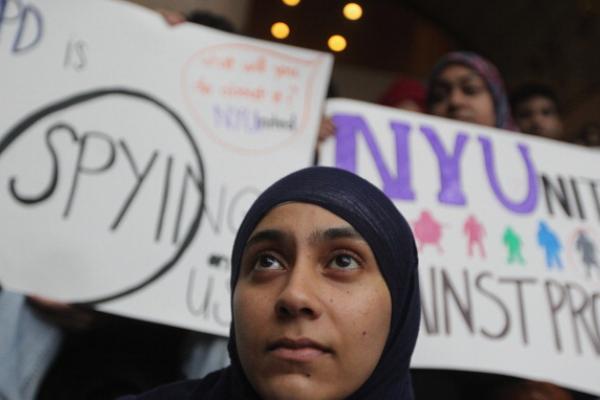NEWARK, N.J. — As friction over the New York Police Department's spying on New Jersey Muslims continues to grow, the state's top FBI officer said the uproar is damaging his agency's ability to gather important counterterrorism intelligence.
"What we have now is (Muslim communities) ... that they're not sure they trust law enforcement in general, they're fearing being watched, they're starting to withdraw their activities," Michael Ward, director of the FBI's Newark division, said Tuesday (March 6).
"And the impact of that sinking tide of cooperation means that we don't have our finger on the pulse of what's going on in the community as well -- we're less knowledgeable, we have blind spots, and there's more risk."
In his first public comments on the deepening controversy, Ward said the FBI has spent the years after 9/11 opening lines of communication with New Jersey's Muslim communities.
Read the Full Article

